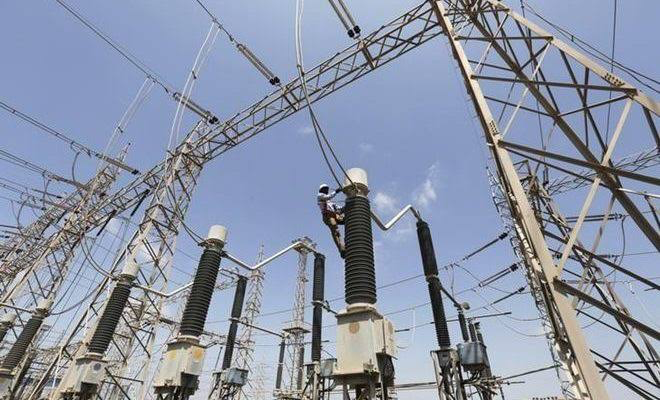In a dramatic turn of events that has led to a nationwide blackout, electricity workers in Nigeria have forcibly shut down the national grid, leaving millions without power in Africa’s most populous country. This drastic measure was taken early on June 3, 2024, following a labor dispute involving the Federal Government’s failure to implement new wage agreements and reverse recent hikes in electricity tariffs.
The shutdown was initiated around 2:19 a.m., according to a detailed statement by Ndidi Mbah, the General Manager of Public Affairs for the Transmission Company of Nigeria (TCN). The events leading to the grid’s collapse began earlier at around 1:15 a.m., when operators at the Benin Transmission Operator, part of TCN’s Independent System Operations unit, were forcefully removed from their posts. Staff members who resisted were assaulted, with several sustaining injuries during the altercation. As a result, the Benin Area Control Centre was left without any operational oversight, causing it to cease functioning.
The impact of the strike extended beyond Benin, with several other key transmission substations across the country being forcibly shut down. These included facilities in Ganmo, Ayede, Olorunsogo, Akangba, and Osogbo. The closures of these substations were part of coordinated actions by the Electricity Workers Union, which also involved opening some transmission lines, further destabilizing the power system.
On the power generation front, disruptions were similarly severe. For example, the Jebba Generating Station had to shut down one of its units due to the strike, and three additional units in the same location were subsequently closed down due to very high-frequency issues prompted by the abrupt load reductions. This cascade of failures across the generation and transmission network culminated in the total collapse of the national grid at the time reported.
However, efforts to restore power began swiftly. By approximately 3:23 a.m., TCN started the grid recovery process, utilizing the Shiroro Substation in an attempt to re-energize the transmission lines that supply bulk electricity to the Katampe Transmission Substation and other distribution centers across the nation.
Despite these efforts, the situation remains precarious as the labor union continues to obstruct efforts to fully stabilize and restore the grid. Mbah assured the public that TCN is committed to resolving the crisis, stating, “We will continue to make efforts to recover and stabilize the grid to enable the restoration of normal bulk transmission of electricity to distribution load centers nationwide.”
The union’s decision to strike stems from grievances over unmet labor demands by the federal government. Central to their demands is the implementation of a new minimum wage that had been previously agreed upon, and the reversal of a recent increase in electricity tariffs, which has significantly affected the cost of living for millions of Nigerians. Over the weekend preceding the strike, the union had issued a notice of their planned action, which unfortunately did not lead to a resolution but rather escalated to the drastic step of shutting down the national grid.
This blackout is not just a massive inconvenience but also poses significant risks to the economy and the wellbeing of the populace, especially in critical sectors such as healthcare and security, which depend heavily on uninterrupted power supply. The government and the union are urged to find a swift resolution to their disputes to prevent prolonged suffering for the Nigerian people and avoid further destabilization of the nation’s economy.
In light of the evolving situation, both parties are anticipated to enter into negotiations to tackle the fundamental issues of wage adjustments and tariff revisions. The results of these discussions will be pivotal in determining the speed and efficacy of the grid restoration process, and in facilitating the return to normalcy for millions of households and businesses across Nigeria.
Source: Energy News Africa



